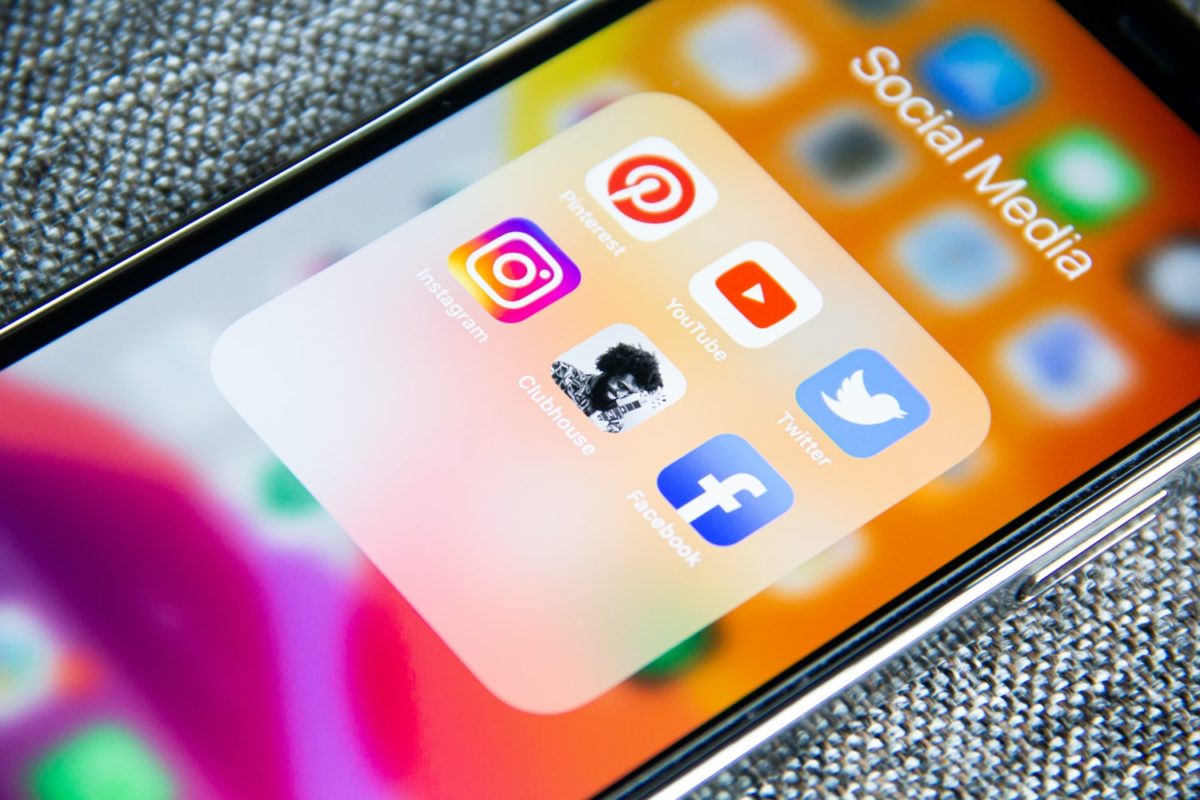I keep seeing people, mostly on Twitter, saying that social media companies “act like publishers”. But do they?
Generally, the argument goes like this: Social media companies act like publishers. But the law, due to section 230, doesn’t treat social media companies like publishers. That’s unjust and gives social media companies an unfair advantage that they abuse.
There’s a lot I can say about this argument, none of it good. But I’m just going to focus on its core premise, that social media companies act like publishers. Why? Because it’s completely nonsensical and once you realize that, the rest of the argument goes from being nonsense to being irrelevant nonsense.
What do publishers do?
Well, let’s look at a typical publisher, say The New York Times. They curate information. That is, they investigate the facts and circumstances behind events and provide content that we expect meets journalistic standards.
This means that the New York Times speaks through their publication in several distinct ways. In one way, they speak through the content they choose to cover and how they choose to cover it. They speak through editorials.
But they also speak merely by choosing to publish something. When they publish something, they are saying that the thing they choose to publish has met their editorial standards.
I can allege that my neighbor molests squirrels. But if the New York Times chooses to publish my allegation, they are saying that my allegation meets their journalistic standards. They aren’t just increasing the spread of my allegation, but they are saying that it’s important, newsworthy.
For something defamatory to appear in the New York Times, their fact checking has to fail. The New York Times can’t defame anyone unless they do something wrong that we reasonably expect them not to do.
The New York Times has a clear First Amendment interest in the editorial policy they use to choose which articles to run and how to edit them. But they also bear legal liability if their fact checking fails and they, in their declaration that something is newsworthy and meets their editorial standards, defame someone.
We don’t make The New York Times liable for defamatory allegations they publish to punish or weaken them. We do it because their choice to publish something asserts that the thing published meets their journalistic standards. We do it to punish their failure to meet our reasonable expectation that they will uphold those standards.
What do non-publishers do?
Well, let’s look at a typical non-publisher, say a Christian bookstore. They also curate information. The owner will probably not sell non-Christian books and will definitely not sell anti-Christian books.
This means that the bookstore owner speaks through their choice of what books to sell. They may decide to only sell books they considers doctrinally correct. Or they may offer a wide array of opinions. They may draw the line at books that advocate other religions or that take more atheistic points of view. Or they may decide to be entirely inclusive.
The bookstore owner has a clear First Amendment interest in the “editorial policy” they use to choose which books to sell. But there is nothing this bookstore owner has to do wrong for a book they sell to contain something defamatory.
We don’t expect a bookstore owner to investigate the circumstances behind every factual claim in every book they sell. A bookstore owner doesn’t have to have their fact checking fail for a book they sell to contain something defamatory. So we do not impose liability on bookstore owners for defamatory statements in the books they sell.
Bookstore owners may greatly increase the ability of a defamatory statement to do harm. They increase the circulation of books. And they do speak through their choice of what books to offer for sale. Nevertheless, we don’t impose any legal liability on them for defamatory content of the books they sell because, unlike publishers, they cannot reasonably be expected to investigate the facts behind every claim in every book they publish.
Because a bookstore owner doesn’t have to do anything wrong to sell a book with a defamatory claim, it would serve no legitimate purpose to impose liability on them for doing so. It would just punish them for being a bookstore owner.
So what about social media?
Well, which bucket do social media companies fall into?
Are they like publishers? Do they, like publishers, have to do something wrong to circulate a defamatory claim? Can they, like publishers, reasonably be expected to investigate the facts behind every claim they circulate?
Or are they like bookstore owners? Do they speak through their choice of what content to carry but can’t reasonably be expected to investigate all the facts behind all the content they carry? Can they, like bookstore owners, circulate defamatory claims without having done anything wrong?
It’s quite clear that social media companies are much more like bookstore owners. They speak through their policy on what types of content they allow or don’t allow. They cannot be expected to investigate the facts behind their content prior to circulating it. They do not have to make a mistake to circulate a defamatory claim.
Simply put, social media companies do not act like publishers. They act nothing like the types of businesses that have traditionally been subject to publisher liability. They act like bookstores and copy shops.
When a social media company algorithmically blocks a post, they are acting like a Christian bookstore owner who chooses not to offer non-Christian books. When a social media company deletes a post, they are acting like a Christian bookstore owner who pulls a book from their shelves because they disagree with it.
Stop saying they act like publishers. It’s simply not true.


If one of a million monkeys at typewriters randomly produced a great book and I was the first human to filter it through my grey algorithm and recognize it as such, who created it?